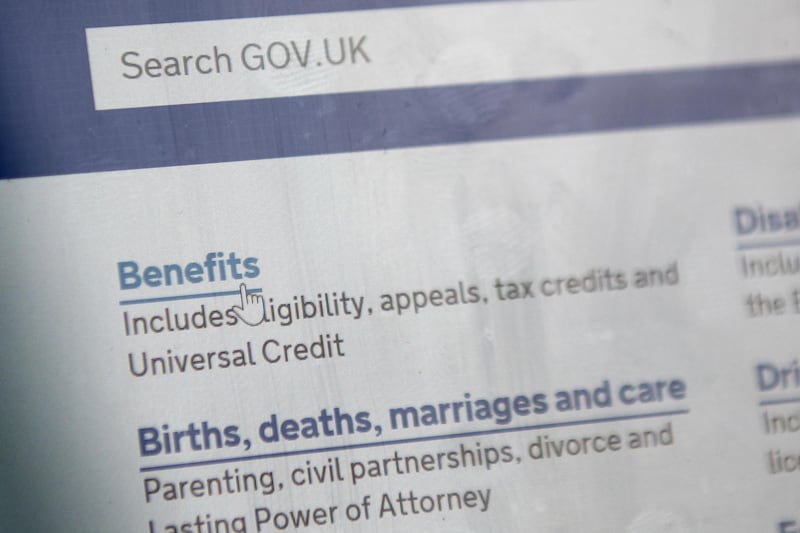NORTHERN Ireland’s first ever Mental Health Summit takes place today and will bring together many key stakeholders from the field of mental health in a bid to pave a way forward for mental health service provision in this region. Lobbyist Barry Turley, who will chair the summit looks at why it is business issue, as well as a health and social issue.
As far back as 2011, the Northern Ireland economy lost approximately £800 million through mental illness. Each year, research suggests that each and every employee in Northern Ireland accounts for seven days of sickness. Of these seven days, almost three of them are for mental health related issues. So this equates to 2.4 million days of sickness for mental health alone or 6,575 years, every year.
One in four adults in the UK will experience a mental health condition in any given year, with the Organisation for Economic Co-operation and Development (OECD) estimating the cost of mental illness to the UK economy at £70 billion per year, equating to 4.5 per cent of GDP. Mental ill health at work is thought to cost UK employers £26bn each year – on average £1,035 per employee.
One of the tragic out-workings of the Troubles is the ongoing high level of mental ill health, with the number suffering in Northern Ireland being at least 25 per cent higher than the national average.
Meanwhile, the results of historic underinvestment in mental health mean we have even further to go to begin catching up on the level of service offered in other parts of the UK.
However, even a cursory glance at the national press highlights how the picture in England, Scotland, Wales and the Republic is less than perfect.
Mental ill health is one of the biggest threats to the wellbeing of business and society. We all know that across the UK and Ireland, we are working harder and are under more pressure than ever before.
Yet, all too often there remains a culture of silence around mental health at work and businesses have historically been reluctant to report publicly on the proactive steps that are being taken to foster mental wellbeing.
Slowly, however, that picture is changing and business, in tandem with society in general is waking up to the depth of the problem of mental illness, and the need to take it, and its impact on people and their families seriously.
Only last week one of my business clients approached me to ask if I could help them offer mental health awareness training to their staff and management. Gradually businesses are coming to a clearer understanding of the impact that poor mental health can have on its workforce, and their ability to perform effectively.
The Mental Health Summit will bring a range of stakeholders, including the Department of Health, the trusts, voluntary and community sector and service users together to discuss the way forward for dealing with mental health issues. The real surprise isn’t that the event is happening, or that it’s being taken seriously by the executive. It’s the number of businesses which are attending and who will be making a contribution.
Slowly but surely, mental health is losing its taboo image, and the fact that it’s so prevalent across all sectors of society is allowing many of us to open up about the need to look after ourselves both physically and mentally.
If you feel that you could benefit by exploring how to improve your staff’s mental health, then come along, or get in touch with Action Mental Health. It’s a call you’ll be glad to have made.
:: Barry Turley (barry@barryturley.com) is chief executive of Barry Turley PR and Public Affairs.






